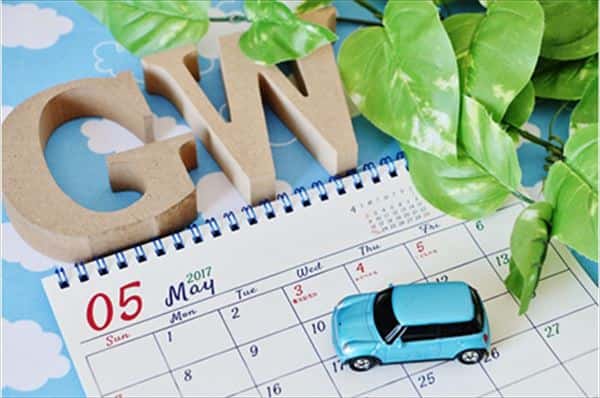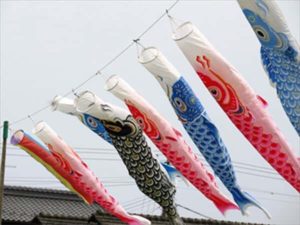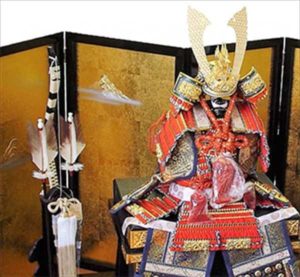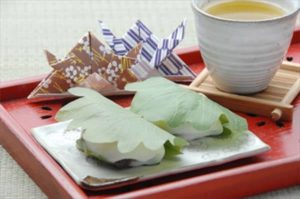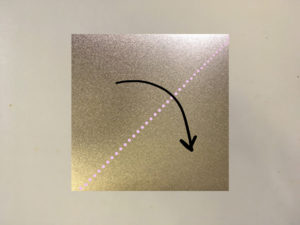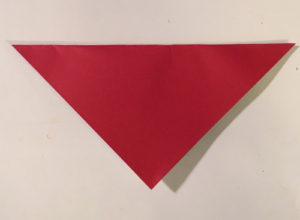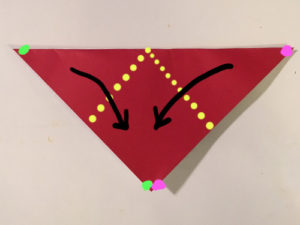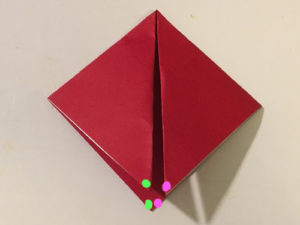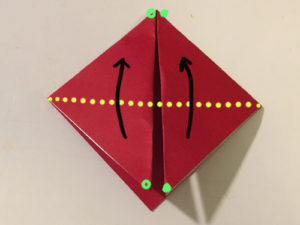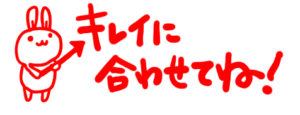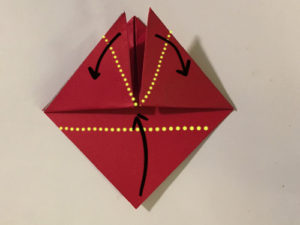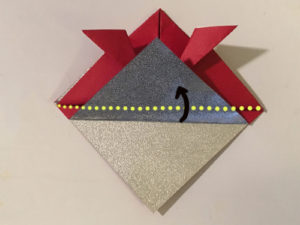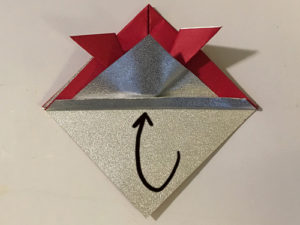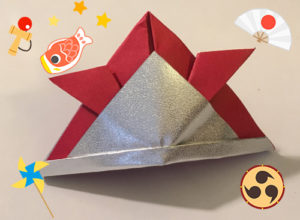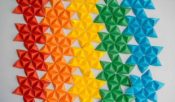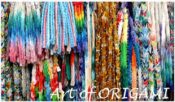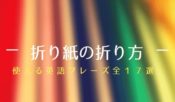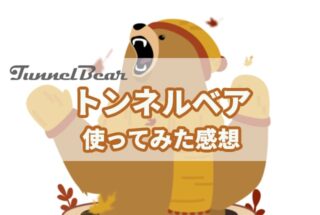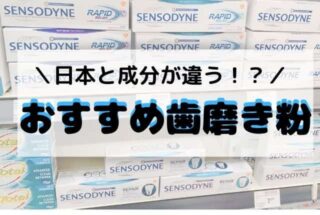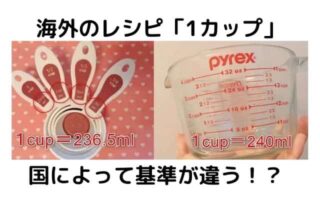【折り紙】兜(かぶと)の折り方とこどもの日を英語で紹介するには?
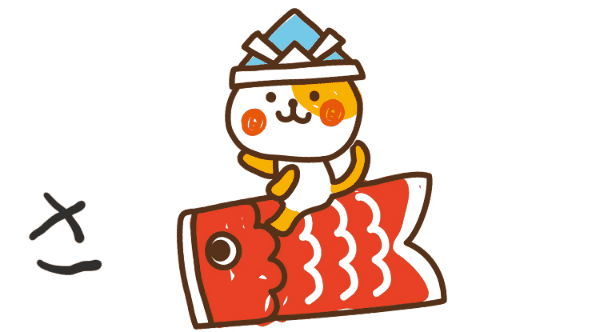
5月5日はこどもの日【Children’s Day】!
ですが、実は、5月5日をこどもの日に制定しているのは日本と韓国だけというのを、ご存じでしたか?
ちなみに、1954年に国連総会によって制定された、世界こどもの日【Universal Children’s Day】は毎年11月20日。
カナダも11月20日をがChildren’s Dayになります。
「こどもの日」は、国連が定めた11月20日を採用している国も多くありますが、
各国の事情に合わせて、多くの国や地域で、独自にこどもの日が制定されています。
日本のこどもの日といえば、鯉のぼりや兜ですね。
今回は一番カンタンに折れる兜の作り方も紹介します。
こどもの日の兜(かぶと)を英語で説明すると?
『こどもの日』は英語でChildren’s Day。他に使えそうな単語は次の通り。
| 端午の節句 | Boys’ Festival
Boys’ Day |
| 桃の節句(3月3日) | Girls’ Festival
Girls’ Day |
| 鯉のぼり | carp streamer |
| 兜(かぶと) | samurai (warrior) helmet |
| ちまき | a rice dumpling wrapped in bamboo leaves |
| かしわもち | rice cakes wrapped in an oak leaf with sweet adzuki beans inside |
| ごちそう | special treat |
兜は英語で、そのまま「Kabuto 」。
「兜」は日本固有のものなのでそのまま「Kabuto」と言います。
ただ、「Kaboto」だけでは伝わらないので、
説明したい時には
・「Kabuto, Japanese warriors helmet」(戦士のヘルメット)
・「Kabuto, a decorative samurai helmet」(装飾された侍のヘルメット)
という風にイメージを分かりやすく説明してもよいかもしれません。
Samurai は英語圏でもよく知られる単語です。
When:こどもの日はいつ?
Japan’s Children’s Day is celebrated on May 5th every year.
または、
Children’s Day is on May 5th in Japan.
などでOK。
Children’s Day for boys is a Japanese national holiday which takes place annually on May 5th,
and it is part of Golden Week Holidays.
こどもの日は、5月5日に訪れる日本の国民の祝日で、ゴールデンウィークの一部になります。
Children’s Day was in reality the Boys Festival“Tangono Sekku” and is one of children’s favorite holidays in Japan,
as girls festival is March 3th and it is called “Momono Sekku” .
But during the time it been celebrated for boys and girls as a family members after the government’s decree that converted Boy’s Day (Tango no Sekku) into the present Children’s Day (Kodomo no Hi),
the holiday came to celebrate the happiness of both boys and girls
こどもの日は、もともと男の子を祝う日『端午の節句』と女の子を祝う3月3日の『桃の節句』がありました。
しかし現在は、「こどもの日」としたことで、男の子も女の子も平等に祝うようになりました。
What:こどもの日の「鯉のぼり」を説明
Koinobori are carp -shaped windsocks traditionally flown in Japan to celebrate Tango no sekku (端午の節句),
These windsocks are made by drawing carp patterns on paper, cloth or other nonwoven fabric to flutter in the wind.
鯉のぼりとは、日本の伝統的な端午の節句をお祝いするための鯉の形をした吹き流しです。
鯉のぼりは、紙や布などの上に鯉の模様を書いて、風になびかせるように作られています。
They had different color representing them such a Black for Father or Red and Pink for Mother and smaller fish with color of the Blue, Green, or purple for kids.
鯉のぼりにの色には意味があります。
- 一番上の黒い鯉=父親
- 二番目の赤やピンクの鯉=母親
- 小さい鯉で青や緑・紫=子供
を表しています。
The carp meaning is symbol of the success in life as Koi( Carp fish) Nobori( Up going) it means the most spirited fish with full of energy to overcome any challenges.
鯉は古くから出世魚の象徴とされ、鯉のぼりには力強さや成功の意味が込められています。
How:こどもの日はどんなお祝いをする?
May 5, also called “Boys’ Festival, ” is a day to celebrate the healthy growth of children. Families with boys display a helmet replica or samurai dolls inside the house, and fly Koinobori (carp streamers) outside.
5月5日は端午の節句ともよばれ、子供の健やかな成長を祝う日です。男の子のいる 家庭ではかぶとや武者人形を飾ったり、鯉のぼりを屋外に立てたりします。
They display samurai helmets called Kabuto or samurai dolls at home, because they are believed to be symbols of strength and vitality.
家には兜と呼ばれる飾り兜や、五月人形を飾ります。兜や五月人形は強さや生命力の象徴とされています。
Chimaki and kashiwamochi are the special treat on this day.
ちまきや柏餅は、こどもの日のごちそうです。
On this day, Japanese celebrate children’s happiness, their health and growth.
The purpose of the Children’s Day is to celebrate children’s happiness and to respect their personalities.
その日は、子どもの幸せと成長を願い、個性を讃える日なのです。
折り紙で兜(kabuto)を折ってみる!
山折り・谷折りなどの「英語で折り紙フレーズ集」も参考にして、さっそく実践☆新聞紙の場合は四角にまず形を整えてくださいね!
①Prepare a piece of square paper.Newspaper is suitable also.
新聞紙は正方形にして使います
②Fold to make a triangle.
角を合わせて三角に折ります
③Fold on the dotted lines as the picture obove.
折り目に沿って折ります
④Fold up from dotted area till green dots in the bottom and top they reach each others.
○と◎、印どうしを合せており上げます
⑤Fold back. and Fold up the facing bottom flap.
斜めに折り返す&上の一枚を折り上げます
⑥Fold up again.
もう一回折り上げます
⑦Fold the other bottom, flap inside.
中に折りこみます
DONE☆できあがり!
兜(かぶと)の折り紙の折り方&こどもの日を英語で紹介!まとめ
いかがでしたか?折ってみるとものすごくカンタン!
新聞紙などで作れば、本当に頭にかぶれる兜の出来上がりです。
ぜひお子さんと一緒に楽しいこどもの日を過ごしてくださいね!

